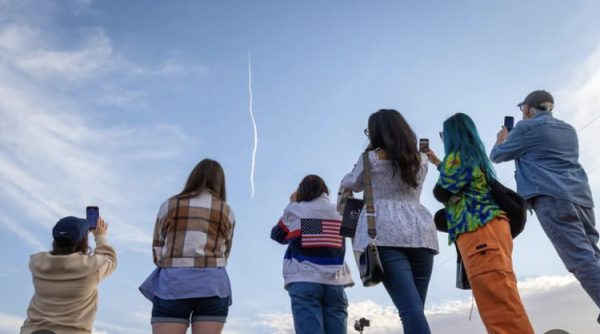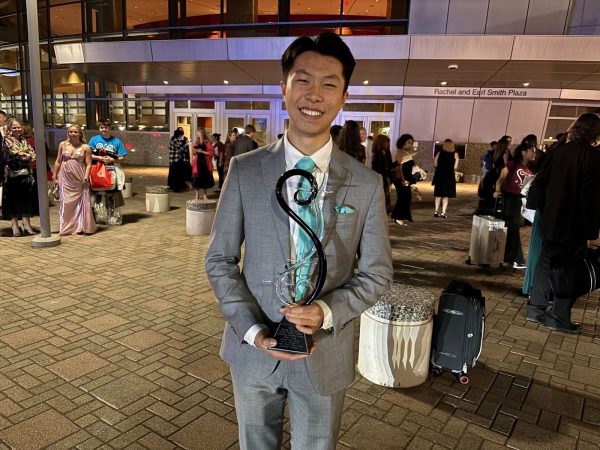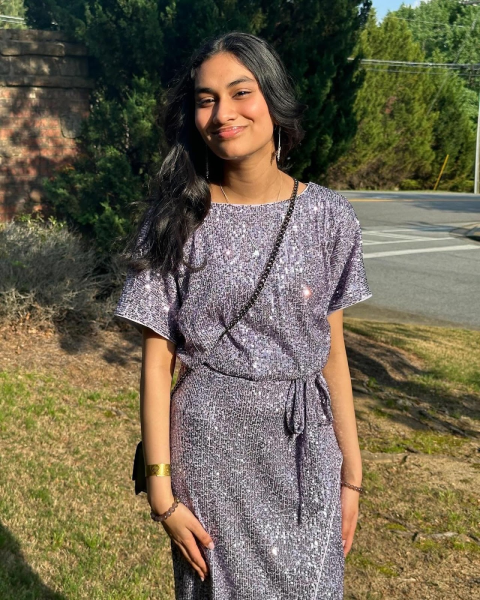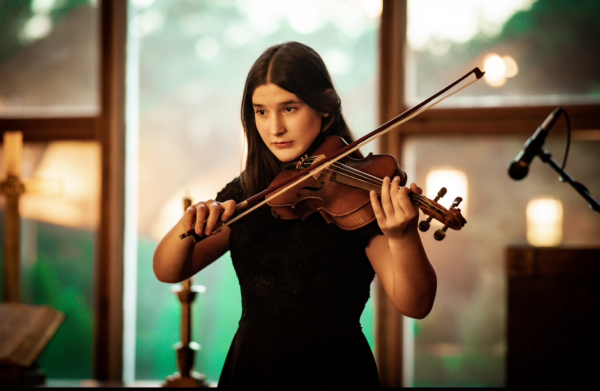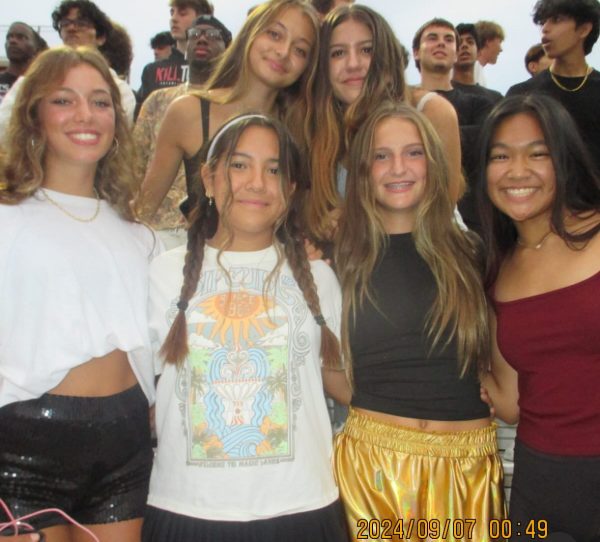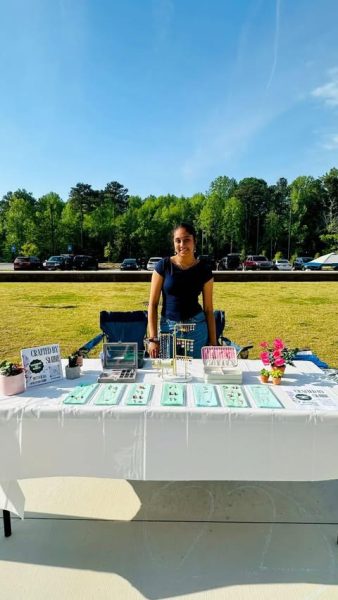Festival of Lights
Diwali, also known as the Festival of Lights, is a Hindu holiday celebrated by some of the Longhorn student body and staff and is rooted in vibrant festivities and embracing their faith.
Diwali is the start of the new year in the Hindu calendar. This year, it ended on Sunday, October 27th, and may last for four to five days. The celebration commemorates the return of Ramachandra, a major deity in Hinduism, to his people after being exiled. During his banishment, he battled the demon king, Ravana, and demons alongside him to ultimately come out victorious. The emphasis on lights parallels good triumphing over evil, like light overpowering darkness.
While diving deeper into the festivities of Diwali, students and teachers were asked to share their traditions of celebration. Mrs. Bhardwaj expanded on the immense Diwali traditions she partakes in each year, which include “decorating the house with lights and rangoli.” Rangoli is colored patterns made with dry flour or rice and is thought to bring good luck. In addition to this, Mrs. Bhardwaj “makes footprints of the goddess Lakshmi outside our house for her and leave our doors open” as Hindus believe that the goddess Lakshmi will enter. The Goddess Lakshmi is honored as she signifies wealth and prosperity, and is the wife of Vishnu, one of the principal deities in Hinduism. Besides worldwide traditions, regionally cultural foods differ as each location has developed various dishes. Everyone exchanges sweets with their friends and neighbors that they make, and trade clay pots.
Aashna Jain, a sophomore, mentioned the same traditions as Mrs. Bhardwaj but discussed several unique ones. She dove into the importance of the lights. As previously stated, to show the light conquering darkness and knowledge having victory over ignorance, “fireworks are set off at night.” Aashna also explained she had “henna done, as it is traditional for women, and usually you get it on your hands and feet.” Henna symbolizes femininity, joy, and good luck, which is the reason Hindus wear them on this sacred occasion. Sanjana Sudini, a freshman, stated they “pray in the morning, asking the Goddess for prosperity and good health in the new year.”
Diwali encompasses numerous traditions, such as henna, fireworks, prayer, and sharing food, and continues a holy celebration of Hindu faith.
Your donation will help support The Lambert Post, Lambert High Schools student-run newspaper! Your contribution will allow us to purchase equipment and cover website hosting costs.



